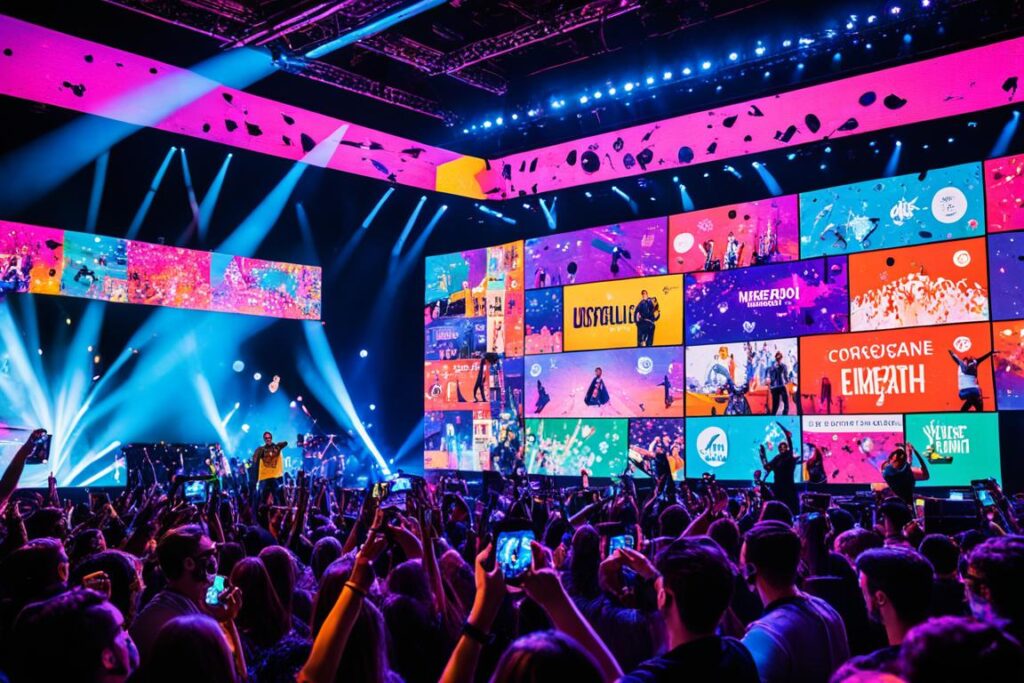Pulse of Information
Your source for the latest insights and updates.
Binge-Watching: The New Olympic Sport We Didn't Know We Needed
Discover why binge-watching should be the next Olympic sport! Dive into the hilarious world of marathon TV viewing and join the fun.
The Rise of Binge-Watching: How Streaming Changed Our Viewing Habits
The phenomenon of binge-watching has revolutionized the way we consume television content, thanks to the advent of streaming platforms like Netflix, Amazon Prime, and Hulu. Unlike traditional viewing schedules that dictated when and how we watched shows, streaming services offer an on-demand experience, allowing audiences to indulge in multiple episodes at once. This shift has not only changed our viewing habits but has also impacted the nature of storytelling, with many series now crafted to keep viewers engaged for entire seasons. As a result, the rise of binge-watching has led to a culture where cliffhangers and season finales are meticulously designed to maximize viewer retention and emotional investment.
Moreover, the social dynamics around viewing have transformed significantly. In the past, families and friends would gather at specific times to watch their favorite shows together, but now, the act of watching is often a solitary activity. This shift has given rise to terms like 'Netflix and chill', redefined how we interact with media, and even influenced social media conversations. The ease of accessing entire seasons in one sitting means that discussions around shows often happen in real-time, creating a sense of urgency to watch before spoilers arise. Indeed, as binge-watching continues to dominate our entertainment landscape, it's clear that streaming services have not only changed what we watch but fundamentally altered our viewing habits.

Top Strategies for Mastering the Art of Binge-Watching
Binge-watching has become a beloved pastime for many, offering a perfect escape into captivating narratives and unforgettable characters. To truly master the art of binge-watching, it’s essential to set the right environment. Begin by creating a cozy viewing space adorned with comfortable seating, fluffy blankets, and dim lighting to enhance your experience. Additionally, consider organizing your shows into a watchlist; this not only helps you stay focused but also builds anticipation. A well-curated list streamlines your viewing choices and allows you to indulge without interruptions.
Another crucial strategy is to establish binge-watching boundaries. Although it can be tempting to watch for hours on end, pacing yourself can enhance enjoyment and prevent fatigue. One effective method is the ‘two episode rule’, where you commit to watching just two episodes at a time before taking a break. This allows the storyline to linger in your mind, keeping the excitement alive while also granting you time to reflect on character arcs and themes. Remember, the key to mastering binge-watching is to savor the journey, not just rush to the destination.
Is Binge-Watching the Ultimate Form of Entertainment or a New Addiction?
Binge-watching has rapidly emerged as a dominant form of entertainment in today's digital landscape. With platforms like Netflix, Hulu, and Amazon Prime offering entire seasons of shows at our fingertips, it's no wonder that many people find themselves captivated by the *allure of binge-watching*. This behavior allows viewers to immerse themselves in intricate storylines and complex character developments, often leading to discussions and shared experiences among friends and family. The sensation of *watching episode after episode* can evoke a profound emotional connection with the content, making it an appealing way to unwind after a long day or escape from life's stresses.
However, this pleasure comes with a caveat: the potential for binge-watching to evolve into a new form of addiction. While indulging in a marathon viewing session might seem harmless, it can lead to negative consequences such as disrupted sleep patterns, decreased physical activity, and even strained relationships. Many experts warn that excessive binge-watching can replace more productive or fulfilling activities, raising the question of whether this modern pastime is truly *the ultimate form of entertainment* or merely a symptom of a deeper issue. As we navigate this gray area, it is crucial to strike a balance between enjoying our favorite shows and maintaining a healthy lifestyle.